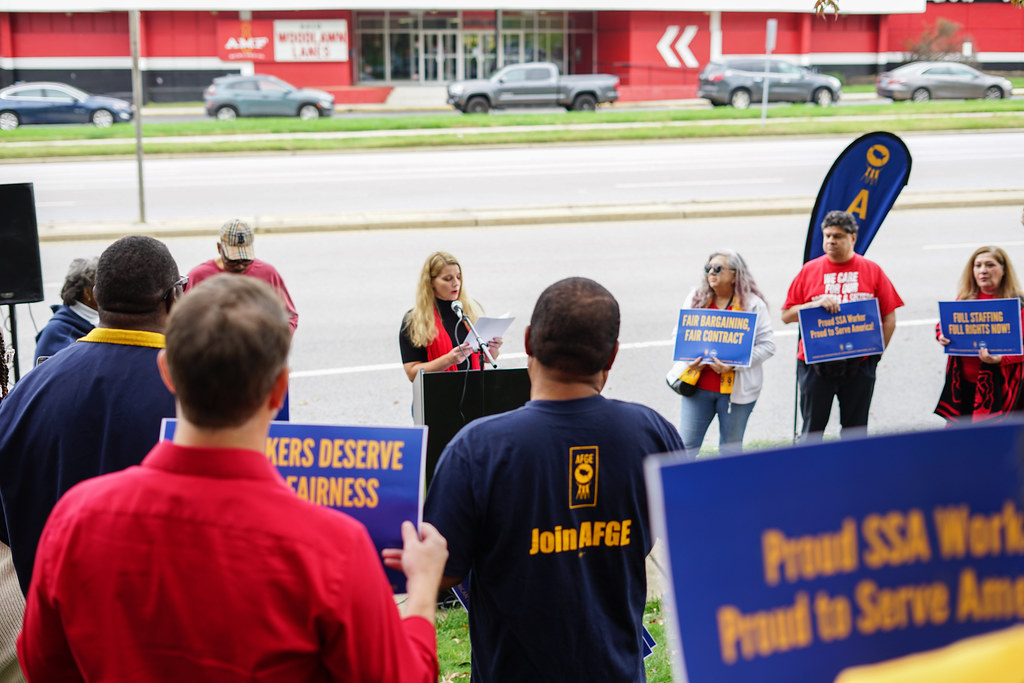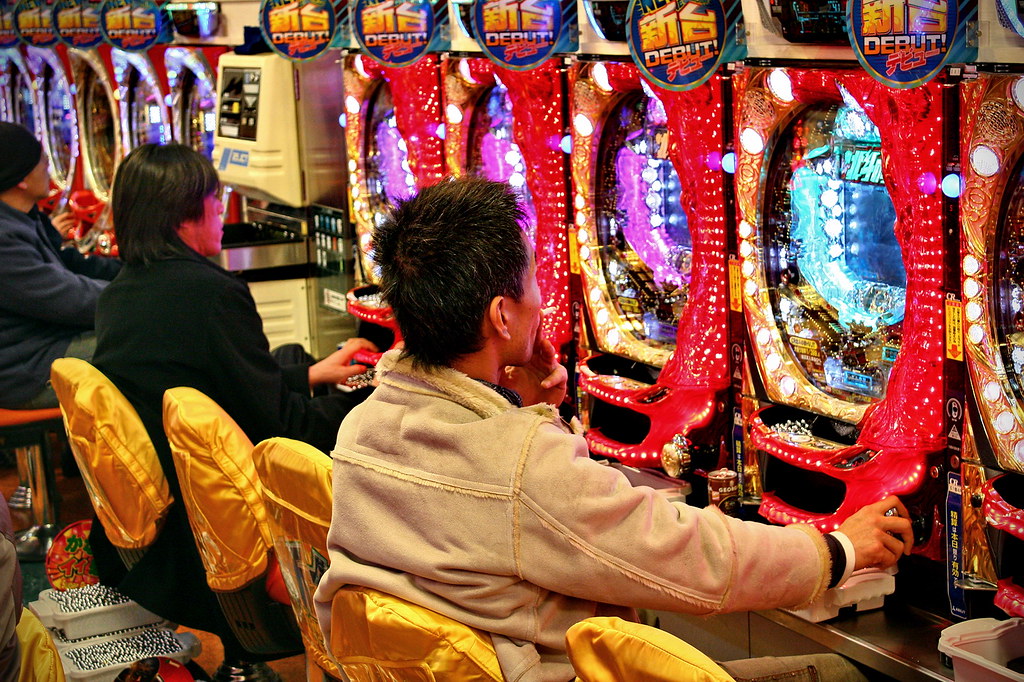You spent years daydreaming about it during Monday morning meetings—the freedom, the quiet, the “I’m not even setting an alarm” vibe. Early retirement sounded like the ultimate cheat code to life. And maybe you did it. You peaced out in your 40s or 50s, said goodbye to the commute, and said hello to sweatpants and slow mornings. But somewhere between your second midweek mimosa and hour three of doomscrolling, it hit you: this isn’t quite the fantasy you ordered.
Don’t get us wrong—early retirement can be amazing. But there’s a dark side no one puts in the brochure. Like, what happens when you run out of hobbies? Or your “forever” savings start looking suspiciously like a five-year plan? These are the things you don’t hear about until you’re already knee-deep in “freedom.” So buckle up—we’re diving into 12 brutal truths about retiring too early that might make you say, “Wait… should I un-retire?”
1. Your Money Might Not Stretch as Far as You Thought

Retiring early means your savings need to last longer—like, potentially decades longer. With people living into their 90s and beyond, that’s a lot of years to fund without a paycheck. According to a report by the Center for Retirement Research at Boston College, inflation can significantly erode the purchasing power of retirees’ savings, especially since their income is often less indexed to prices compared to those still working.
This means that even if you’ve been diligent about saving, the rising cost of living can chip away at your nest egg faster than anticipated. And let’s not forget about unexpected expenses—medical bills, home repairs, or helping out family members can all add up. It’s crucial to regularly reassess your financial plan and consider strategies to protect your savings from inflation and unforeseen costs. Plus, once you start dipping into your principal instead of just the gains, things can spiral faster than you’d expect. That “extra cushion” you were banking on? It disappears faster when it has to cover 40 years instead of 25. Compound interest is great—unless you’re compounding withdrawals too.
2. Boredom Can Hit Harder Than You Think

The idea of endless free time sounds appealing until you’re actually living it. Many early retirees find themselves grappling with boredom and a lack of purpose. A study published in the Journal of Epidemiology & Community Health found that retirement can lead to declines in mental health and mobility, especially if individuals aren’t engaging in meaningful activities.
Without the structure and social interactions that work provides, it’s easy to feel adrift. Some retirees pick up part-time jobs, volunteer, or dive into hobbies to fill the void. The key is to plan not just for the financial aspects of retirement but also for how you’ll spend your time meaningfully. The Netflix-binge honeymoon ends fast. Even gardening, baking, or reading every book on your “someday” list can feel like chores after six months. Purpose is the new paycheck, and if you don’t have one, your days get long—fast.
3. Health Insurance Can Be a Financial Minefield

If you retire before age 65, you’re not yet eligible for Medicare, which means you’ll need to find alternative health insurance coverage. This can be both challenging and expensive. According to AARP, early retirees often face a gap in health insurance coverage, leading to higher out-of-pocket costs.
Navigating the health insurance landscape can be complex, with options like COBRA, private insurance, or the Affordable Care Act marketplaces. Each comes with its own set of costs and coverage limitations. It’s essential to factor these expenses into your retirement planning to avoid unexpected financial strain. One hospital visit could destroy your whole budget. And COBRA? It’s like paying for gold-plated coverage without the spa treatment. Health care inflation is real, and it doesn’t care that you’re “retired and relaxing.”
4. Social Security Benefits May Be Reduced

Claiming Social Security benefits early can lead to a permanent reduction in your monthly payments. If you start collecting at age 62, your benefits could be up to 30% less than if you waited until your full retirement age. Investopia notes that delaying benefits can significantly increase your monthly income in retirement.
This reduction can have a substantial impact over the course of your retirement, especially if you live longer than expected. It’s important to weigh the pros and cons of taking benefits early versus waiting to maximize your monthly income. And no, “just investing the checks myself” doesn’t always work out—market volatility has no chill. Plus, if you end up going back to work part-time, you could get penalized for earning too much while drawing early benefits. It’s like a math test where the wrong answer costs you for life.
5. You Might Feel Isolated Without a Work Community

Work often provides more than just a paycheck—it offers a built-in social network. Retiring early can lead to feelings of isolation and loneliness, especially if your friends and former colleagues are still working. The National Institute on Aging highlights that social isolation and loneliness are associated with higher risks for health problems such as heart disease, depression, and cognitive decline.
Maintaining social connections is crucial for mental and physical health. Consider joining clubs, volunteering, or finding community groups to stay engaged and connected. Planning for the social aspects of retirement is just as important as the financial ones. Humans are wired for connection, not just comfort. You might miss the daily “good mornings” and office gossip more than your 401(k) ever anticipated. Because let’s face it: your dog’s a great listener, but they don’t really get your jokes.
6. You Might Lose Your Identity Without a Job Title

You’ve been “Director of Marketing” or “Operations Manager” for so long that once it’s gone, you suddenly don’t know how to introduce yourself at dinner parties. Saying “I’m retired” hits differently when you’re only 52 and everyone else is still deep in the hustle. Your LinkedIn is gathering cobwebs, and you’re not even sure what your “personal brand” is anymore. It’s wild how much self-worth we attach to our job titles until they vanish like a Magic Eye poster. The initial freedom feels amazing—until it doesn’t.
Soon you might find yourself wondering what you do all day, and worse, what you’re for. It’s not just about staying busy; it’s about feeling relevant. Sure, you could learn to knit or take a pottery class, but does that scratch the same itch as leading a team or making six-figure decisions? Probably not. If you don’t create a new sense of purpose post-career, that existential crisis might just RSVP to your early retirement party. And it won’t bring snacks.
7. Your Friends Might Still Be Working (and Unavailable)

Here’s the kicker: retiring early sounds like you’ll have more time to hang out with friends, but guess what? They’re still clocking in. You suddenly have your afternoons wide open while your crew is drowning in Slack notifications and back-to-back Zooms. Happy hour turns into solo hour.
Weekend plans? Booked solid with kids’ sports or work emails. You might feel like you’re in a different time zone—even if you live next door. It’s like being on summer vacation while everyone else is in class. This disconnect can sneakily lead to loneliness and FOMO you didn’t anticipate. Your calendar’s empty, their calendars are packed, and you’re left wondering if you should’ve waited just a bit longer to check out. No one tells you early retirement can be socially awkward—but here we are.
8. You May End Up Going Back to Work Anyway

Plot twist: early retirement isn’t always forever. Plenty of people realize a few years in that their financial plan wasn’t built for the long haul—or their mental health wasn’t built for all-day leisure. So they go back to work. Sometimes it’s consulting, sometimes it’s retail, sometimes it’s “just something to do.”
But re-entering the workforce isn’t always easy. The gap in your resume can raise eyebrows, and your skills might feel a little rusty. Plus, getting hired after 50 can come with a whole set of invisible hurdles. What was supposed to be a graceful swan dive into the next chapter can feel more like a cannonball into cold water. No shame in the bounce-back, but it stings a little. Especially when it turns out your former job now pays less, demands more, and doesn’t come with the respect you used to command. Oof.
9. Inflation Will Slap You Awake Eventually

When you budgeted for retirement in your 40s, gas was $2, avocados were still ironic, and eggs didn’t cost as much as brunch itself. Flash forward a few years, and suddenly everything you buy is just… more. Inflation doesn’t care that you planned carefully or followed the 4% rule like gospel. It creeps up on you like a Netflix price hike—quietly, steadily, and annoyingly.
Your “fixed income” feels less fixed when your expenses keep shifting. That luxury you budgeted for—like travel, dining out, or even a nice gym? It’s getting gobbled up by rising prices on stuff like groceries and utilities. You might have to downsize not because you want to, but because your budget has shrunk without your consent. And the wild part? Nobody tells you how psychological it is—watching your money lose power is almost worse than watching it disappear. Retirement math just got a whole lot more real.
10. You May Feel Guilty for Not Being Productive

Here’s a weird one: even when you’ve “earned” your rest, you might still feel guilty taking it. Early retirees often report struggling with a lack of productivity—and the guilt that comes with it. After years of being evaluated by performance reviews, KPIs, and annual raises, doing “nothing” feels… icky. Society wires us to be productive, and breaking that loop is harder than it looks.
You’ll start doing projects just to feel useful—like alphabetizing your spice rack or repainting the garage, again. The voice in your head whispers, “Is this all I’m contributing?” And that voice is persistent. The irony is, you worked your tail off to buy this freedom, but now you’re unsure how to enjoy it without shame. Retirement is a mindset shift, and it doesn’t always happen on schedule. Especially when hustle culture is baked so deep in your bones, you can’t even nap guilt-free.
11. Travel Gets Old (and Expensive)

You planned to see the world—Italy, Thailand, Patagonia, all of it. And for a while, it’s magical. But after a dozen airports, 200 “authentic” meals, and way too many hotel pillows that aren’t yours, the wanderlust starts to fade. Worse? So does your travel budget.
Turns out constant travel is physically exhausting and logistically draining—especially when you’re doing it without the high-adrenaline vacation vibe that comes from escaping work. Now it’s just your regular life… on wheels. Eventually, you might crave stability more than adventure. And let’s not talk about how much travel costs have jumped lately. What you once imagined as your post-career dream might slowly turn into a “let’s just stay home” lifestyle. Which is fine! But unexpected.
12. You Might Regret Not Waiting Just a Little Longer

The cruelest realization comes when you retire, and suddenly, all the good stuff starts happening at work. Your company finally adopts flex schedules. That promotion you’d been in line for? It lands on someone else’s desk, and you can’t help but wonder “what if.” Suddenly, staying a couple more years doesn’t sound so bad.
Maybe you were close to vesting in stock options, or your pension could’ve gotten a nice bump with just two more years. Maybe your kids are older now and need less from you—timing you couldn’t fully predict. It’s hard not to look back and think you jumped the gun. That doesn’t mean you made the wrong choice, but it does mean that early retirement can come with a tinge of “too soon.” The best time to retire isn’t always now—it’s often “soon, but not yet.” You don’t know that until hindsight smacks you with a sunhat.
This article is for informational purposes only and should not be construed as financial advice. Consult a financial professional before making investment or other financial decisions. The author and publisher make no warranties of any kind.








